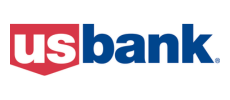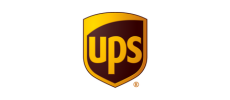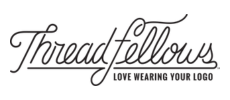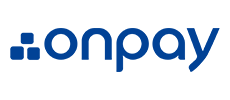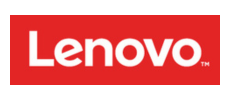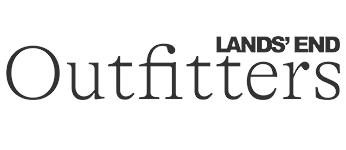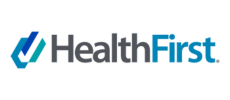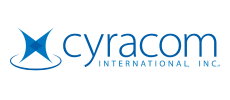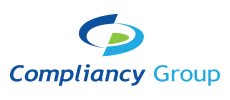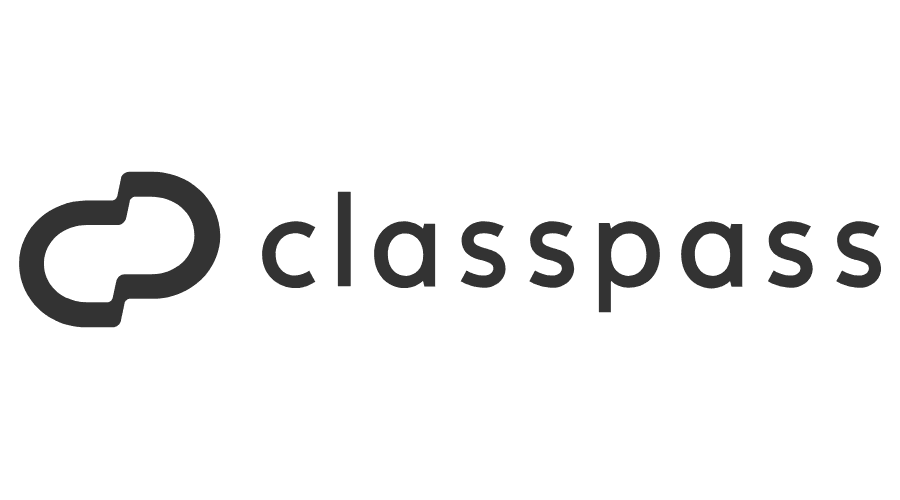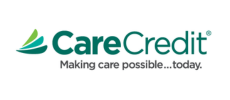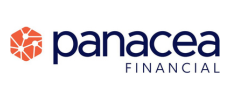NYSDOS Issues Alert on Charitable Scams
Per the notice below, the New York State Department of State (NYSDOS) has issued an alert about charitable scams.
New York Department of State’s Division of Consumer Protection Warns Consumers to Be Cautious of Charity Scams in Aftermath of Hurricanes Helene and Milton
Charity Scams are More Prevalent After a Natural Disaster or Emergencies
Follow These Tips to Donate Wisely and Avoid Charity Scams
Governor Hochul has deployed the New York National Guard to support with the recovery and response to both Hurricane Helene and Hurricane Milton
Secretary Mosley: “Before making your donations, it is crucial to ensure your money is reaching the intended recipients and not falling into the hands of scammers looking to exploit your generosity for their own gain.”
In the aftermath of Hurricanes Helene and Milton, the New York Department of State’s Division of Consumer Protection is warning consumers to be cautious of charity scams, which supports Governor Kathy Hochul’s efforts to assist communities affected by these disasters. Charity scams can happen at any time, but they are more prevalent after a natural disaster or emergencies when scammers prey on the kindness of unsuspecting individuals seeking to help others. On many occasions, scammers pretend to be affiliated with well-known organizations or even the government to scam people out of their hard-earned money. According to the Federal Trade Commission, there were 9,809 reports of charitable solicitation fraud nationwide in 2023, but many of these scams go unreported because individuals may not know where their donations are going or that they are being scammed.
“When natural disasters like Hurricanes Helene and Milton strike, people often feel compelled to donate to relief efforts to help those affected,” said Secretary of State Walter T. Mosley. “Before making your donations, it is crucial to ensure your money is reaching the intended recipients and not falling into the hands of scammers looking to exploit your generosity for their own gain. I urge all New Yorkers to follow our Consumer Protection team’s tips and thoroughly research charities before donating, so your contributions can truly make a difference to those in need."
To assist communities affected by these hurricanes, Governor Kathy Hochul has deployed the New York National Guard to support with the recovery and response to both Hurricane Helene and Hurricane Milton, as well as deployed over 200 state and local government employees to assist with efforts in the southern United States in the response to Hurricane Helene. To prevent your donation money from falling into the wrong hands, consumers should take the following precautions:
- Check the legitimacy of the charitable organization: Charities located or engaging in substantial fundraising in New York State should be listed on the New York State Attorney General's database of registered charities. Research before you donate to verify registration by checking the database and other websites such as bbb.org, www.give.org, and www.guidestar.org, in addition to visiting the charity’s website. If donating toward relief efforts, visit a site such as disasterphilanthropy.org to ensure your donation is going to help those in need.
- Learn to detect a phony charity: Some scammers will create fake “charities” and try to trick you with names similar to well-known charities. Pay attention to the charity’s full name, web address, contact information, donation policies, etc. Scammers may copy or mimic the name of a familiar, trusted organization to swindle you.
- Designate your donation: Ask how your donation will be allocated between direct services and administrative fees. Unless you designate a specific purpose for your donation, it will go into the organization’s general fund, so make sure to note if you are sending money for a specific purpose (i.e.: “Playground Fund”).
- Be cautious of third-party fundraisers: If a solicitation comes from a third-party company, the charitable organization will receive only a percentage of your donation. If you want to ensure the charity receives the whole amount, donate directly to the charity instead. For more information, access the New York State Attorney General’s website and review the annual “Pennies for Charity” report.
- Pay attention to vague claims: Be on alert for claims without any clear plan, such as “all proceeds go to cancer treatments” or “donations go to veterans who can no longer work.” Instead, do some research on the charity before you decide.
- Resist high-pressure tactics: Charity fraud scams can come in many forms, whether by e-mail, social media, crowdfunding platforms, cold calls, etc. Watch out for direct e-mails from “victims” and solicitors who employ heart-wrenching stories, insisting that you donate immediately. It is highly recommended to never provide personal information to unsolicited telemarketers, but instead ask the caller to provide you with the full name of the charitable organization, website address, and contact information to research and verify.
- Find out who's behind the crowdfunding request: Online crowdfunding websites like GoFundMe, Indiegogo, and Crowdrise make it easy for people to create crowdfunding campaigns. To protect yourself, remember to only give to people you know directly. It’s also important to understand the crowdfunding site’s rules, policies, and vetting procedures. It can be helpful to know these ahead of time to determine how they are protecting consumers from potential fraud.
- Never disclose personal information: Do not provide any personal information such as your credit card number, Social Security number, or any other personal identifying information in response to an unsolicited charitable request.
- Never give cash: Give your contribution by check or credit card to ensure that you have a record of the donation. Make checks out to the charity, not to an individual. If you choose to make a donation via a charity's website, check that the website is secure and that your computer is equipped with the latest anti-virus protection. Check for the padlock to the left of the URL search bar to ensure the site is secure. Do not send funds to anyone asking for bitcoin or cryptocurrency as these payments typically have no protections against fraud.
- Don’t mail checks from public collection boxes: According to the US Financial Crimes Enforcement Network, the number of check fraud crimes nationwide has increased since 2020. To avoid this fraud, go directly to the post office to deposit mail. If you need to use a public U.S. Postal Service collection box, try to do so before the last pickup of the day to minimize the amount of time the check spends in the box.
- Double check before you deduct: Donations made to individuals or organizations that are not tax-exempt are not deductible. To find out if a donation will be tax deductible, research an organization’s tax-exempt status at the Internal Revenue Service Tax Exempt Organization Search. Request a receipt and track the status of your donation.
About the New York State Division of Consumer Protection
Follow the New York Department of State on Facebook, X, and Instagram and check in every Tuesday for more practical tips that educate and empower New York consumers on a variety of topics. Sign up to receive consumer alerts directly to your e-mail or phone here. The New York State Division of Consumer Protection provides voluntary mediation between a consumer and a business when a consumer has been unsuccessful at reaching a resolution on their own. The Consumer Assistance Helpline 1-800-697-1220 is available Monday to Friday from 8:30am to 4:30pm, excluding State Holidays, and consumer complaints can be filed at any time at: www.dos.ny.gov/consumerprotection. The Division can also be reached via X at @NYSConsumer or Facebook.

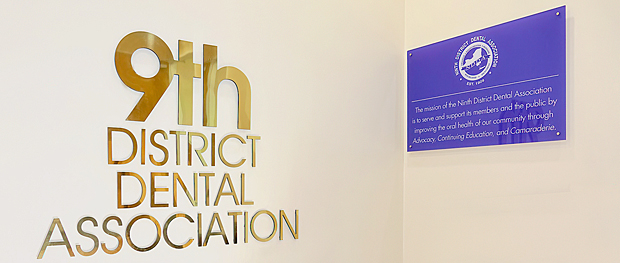

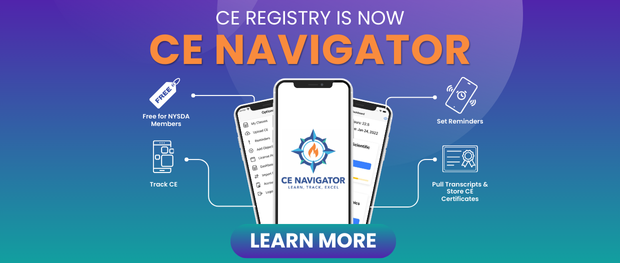
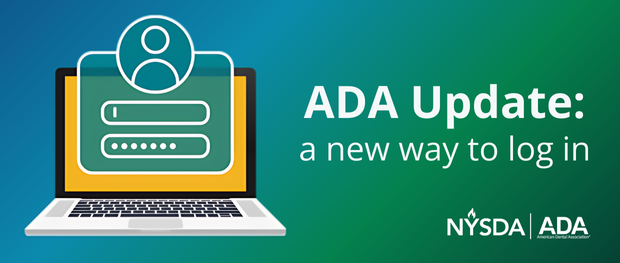
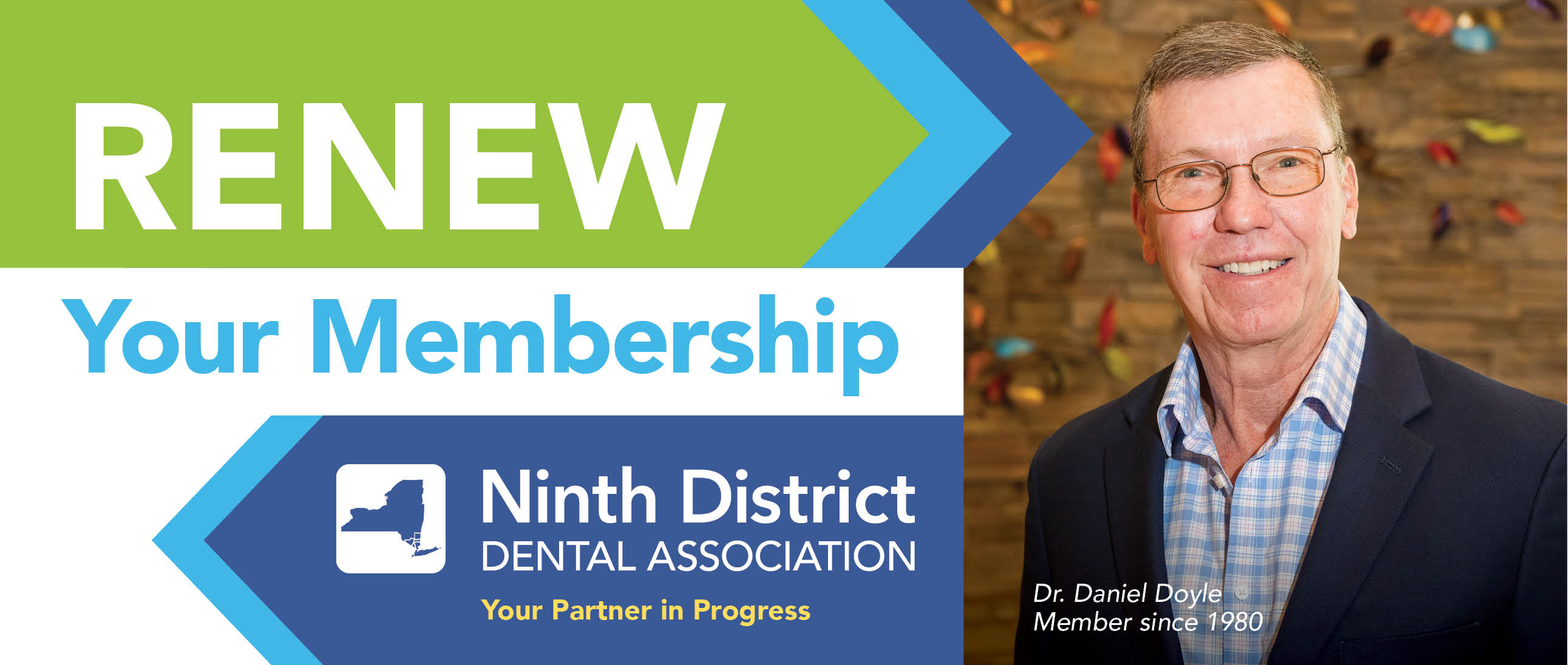
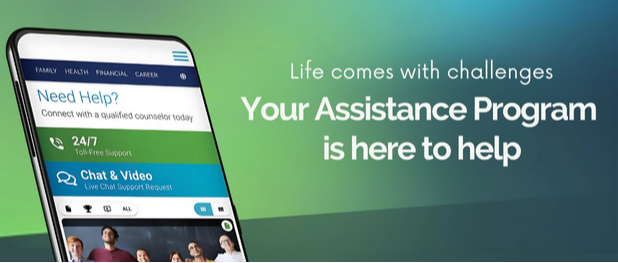



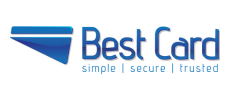
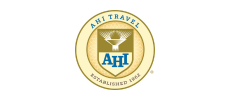
.png?sfvrsn=4447de7f_1)
